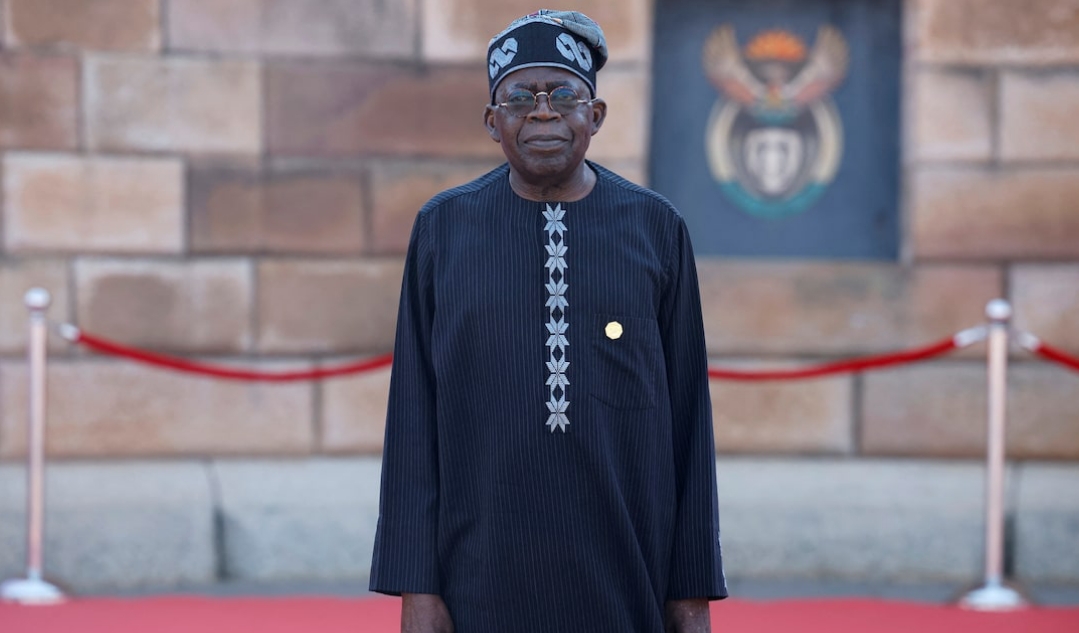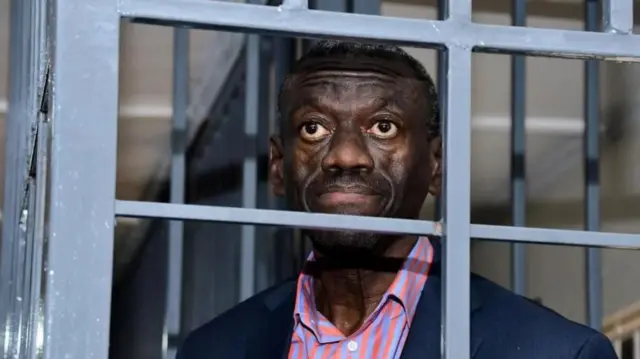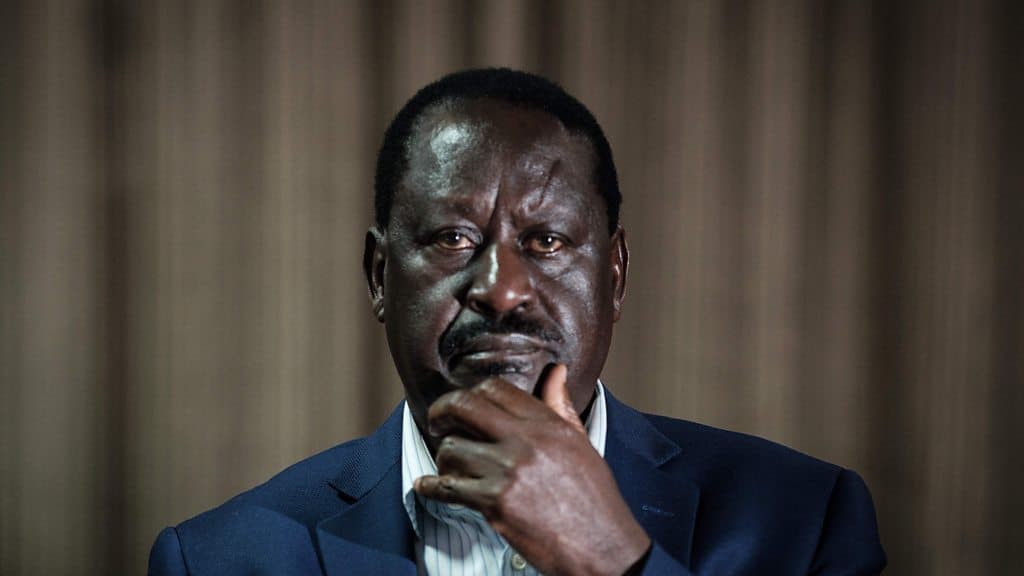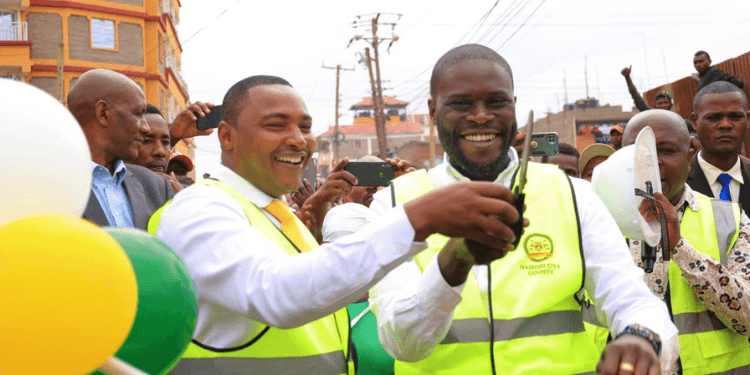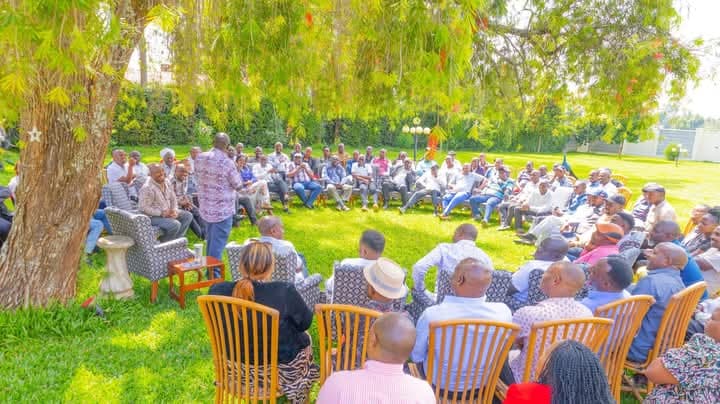Nigeria is grappling with its worst cost of living crisis in nearly 30 years – and President Bola Tinubu, who was praised as a “renewer of hope” just last year, is partially responsible. With deepened poverty and frustration over government inaction leading to public outrage and protests, the country is – once again – at an inflection point. And it needs a stark policy turnaround to face its economic woes.
From the very beginning, the administration did not hide its embrace of anti-people policies. Since coming to power, the country has worsened both economically and politically. Tinubu’s economic policies have been entirely anti-worker and anti-people.
Nigeria is facing a severe social and economic crisis under President Bola Tinubu’s administration. Inflation has surged to 34.19%, with food inflation exceeding 40%, making it increasingly difficult for people to afford basic necessities. The removal of fuel subsidies triggered a more than 600% increase in petrol prices.
The floating of the naira led to extreme currency fluctuations and economic instability. Despite attempts to stabilise the currency, the naira has continued to depreciate and is now becoming one of the world’s worst-performing currencies. Foreign investment has dropped to $654.7 million.
The number of poor people has risen to 104 million, and unemployment continues to grow, with official youth unemployment reaching 8.6%. Millions of Nigerians are struggling to access food, prompting even the International Monetary Fund (IMF) to name food insecurity an immediate policy priority.
Tinubu’s reforms have only deepened the economic crisis, pushing millions of working people into abject poverty. According to the IMF, more than two years after their introduction, the Nigerian government’s harsh economic reforms have not benefited the average citizen.
After assuming office in May 2023, President Bola Ahmed Tinubu launched a sweeping reform programme that both his government and the IMF claimed was necessary to fix public finances. However, these measures have come at a severe cost for ordinary Nigerians, who are now enduring the worst cost-of-living crisis in a generation.
Nigeria’s National Bureau of Statistics reports that 133 million people live in multidimensional poverty, facing deprivation in areas such as sanitation, healthcare, food, and housing.
Insecurity and Kidnappings
Between July 2022 and June 2023, 3,620 people were abducted in 582 reported kidnapping cases, with approximately ₦5 billion (USD 3,878,390) paid in ransoms. On average, over 4,000 abductions occur in Nigeria each year. In January 2022 alone, 1,486 Nigerians fell victim to insecurity and kidnapping — 915 people were killed, and 571 were kidnapped.
The rise in kidnapping cases has been linked to various factors, including the deepening economic crisis, unemployment, and widespread poverty. The consequences of kidnapping are devastating, as victims’ families and communities are often forced to pay enormous ransoms, resulting in financial hardship and emotional trauma.
Insecurity and kidnapping have become rampant in Nigeria, with a significant surge over the past decade. The North Central and Northwest regions have been the hardest hit, where terrorism and banditry have spread rapidly.
Structural Fraud and Human Rights Abuses.
Corruption under the Tinubu government has become a pressing issue. The administration has faced accusations of fraudulent practices, mismanagement, and a lack of accountability, particularly in the controversies surrounding the 2025 budget and the police recruitment process.
The Tinubu government operates with impunity—dismissing corruption allegations without investigation and misusing public resources. Political appointees live lavishly at public expense. Business interests and family loyalties dominate appointments, enabling politicians and officials to enrich themselves through dubious deals and the awarding of profitable contracts to loyalists.
Nigeria’s ranking in Transparency International’s Corruption Perceptions Index (CPI) continues to reflect its deep-rooted systemic corruption. In 2023 alone, Nigerians paid an estimated $1.26 billion in cash bribes to public officials.
While the Tinubu administration has made symbolic moves—such as suspending officials accused of corruption (e.g., Minister Betta Edu) and launching investigations into previous administrations’ financial dealings—corruption remains widespread. In reality, no substantial progress against corruption is expected under Tinubu.
Much like under the Buhari regime, socialists, journalists, bloggers, and human rights activists have faced increasing threats, arrests, and detention. At least 42 journalists were attacked, harassed, or denied access during the 2023 general elections. In 2024, Nigeria topped Africa’s list for attacks on journalists, with 76 recorded incidents.
According to Human Rights Watch, the Nigerian military has committed grave human rights violations, including extrajudicial executions, enforced disappearances, arbitrary arrests, and incommunicado detentions, particularly in the northeast. Security forces have also been accused of torture and unlawful detentions.
Under the Tinubu administration, press freedom violations have increased, with at least 56 journalists assaulted or harassed by security forces or unidentified individuals during the #EndBadGovernance demonstrations.
During last year’s #EndBadGovernance protests, nearly two thousand protesters were arrested nationwide. As of now, 11 leading members are still facing treason charges in court.
The Tinubu administration is pushing for the introduction of a new Cybercrime Act, widely seen as an attempt to silence growing dissent on social media.
On April 7, a nationwide protest was held against the Cybercrime Act, the declaration of emergency rule in Rivers State, and the deepening economic crisis across the country. We condemn the use of teargas and live ammunition against peaceful demonstrators. States affected by the crackdown included Yobe, Delta, Rivers, and the Federal Capital Territory, Abuja. The state’s brutal suppression of peaceful protests is deeply alarming and must be challenged by the Nigerian people. Democracy loses all meaning when citizens are denied the right to express their grievances through protest.
The violent disruption of protests organised by the Take It Back (TIB) movement by armed police constitutes a direct assault on democratic rights.
There is no doubt that Tinubu’s administration, along with other political office holders, continue to live extravagantly, looting national resources through jumbo allowances.
As things stand, the ruling All Progressives Congress (APC) and the main opposition, the People’s Democratic Party (PDP), are essentially the same in terms of policy. The Tinubu/APC administration continues to follow the dictates of the IMF and World Bank, implementing neo-liberal economic policies that have devastated the lives of ordinary people.
The only real solution to these recurring crises, which push humanity into deeper poverty and suffering, is to end capitalism and build a workers’ and poor people’s government armed with a socialist programme. This can only be achieved through a revolutionary uprising led by the working class, oppressed youth, and the poor masses.
